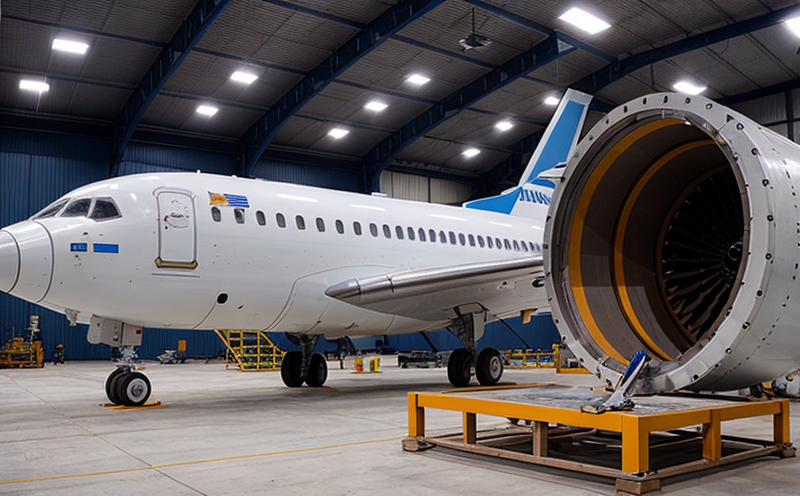Coating thickness testing in aerospace applications
Coating Thickness Testing in Aerospace Applications Ensuring Reliability and Safety with Eurolab
In the aerospace industry, reliability and safety are paramount. The integrity of aircraft coatings is critical to preventing corrosion, ensuring proper thermal management, and maintaining structural integrity. Coating thickness testing plays a vital role in verifying that these coatings meet specifications, which is why its essential for businesses to partner with a trusted laboratory service provider like Eurolab.
What is Coating Thickness Testing in Aerospace Applications?
Coating thickness testing involves measuring the precise thickness of protective coatings applied to aircraft components. This measurement ensures that the coating meets or exceeds industry standards, such as those specified by the Federal Aviation Administration (FAA) and the Society of Automotive Engineers (SAE). The test results provide valuable insights into the coatings performance, including its ability to withstand environmental factors like temperature fluctuations, humidity, and exposure to chemicals.
The Importance of Coating Thickness Testing in Aerospace Applications
Coating thickness testing is crucial in aerospace applications due to several key reasons
Ensures Compliance with Industry Standards Complying with industry standards, such as those set by the FAA and SAE, is essential for aircraft safety. Regular coating thickness testing helps ensure that your coatings meet or exceed these standards.
Detects Defects Early Coating defects can go undetected until its too late. Regular testing helps identify potential issues before they become major problems, saving time and resources in the long run.
Extends Component Life Proper coating thickness ensures that components last longer, reducing maintenance costs and downtime.
Key Benefits of Using Coating Thickness Testing in Aerospace Applications
Here are some key benefits of using coating thickness testing in aerospace applications
Improved Safety Regular coating thickness testing helps ensure that aircraft coatings meet industry standards, reducing the risk of corrosion and other safety hazards.
Reduced Downtime Identifying coating defects early on reduces maintenance costs and downtime, allowing your business to stay productive and efficient.
Compliance with Industry Standards Partnering with a trusted laboratory service provider like Eurolab ensures that your coatings meet or exceed industry standards.
QA Coating Thickness Testing in Aerospace Applications
Here are some frequently asked questions about coating thickness testing in aerospace applications
What is the typical frequency of coating thickness testing?
The frequency of coating thickness testing varies depending on factors like environmental conditions, coating type, and component usage. Typical frequencies include
Annual inspections for high-wear components
Semi-annual inspections for moderate-wear components
Quarterly inspections for low-wear components
What methods are used to measure coating thickness?
Eurolab uses a range of methods, including
Non-destructive testing (NDT) techniques like ultrasonic and eddy current testing
Destructive testing methods like drill-and-measure and cross-sectioning
What are the consequences of incorrect coating thickness measurements?
Incorrect coating thickness measurements can lead to a range of problems, including
Reduced component lifespan
Increased maintenance costs
Safety hazards due to corrosion or other defects




